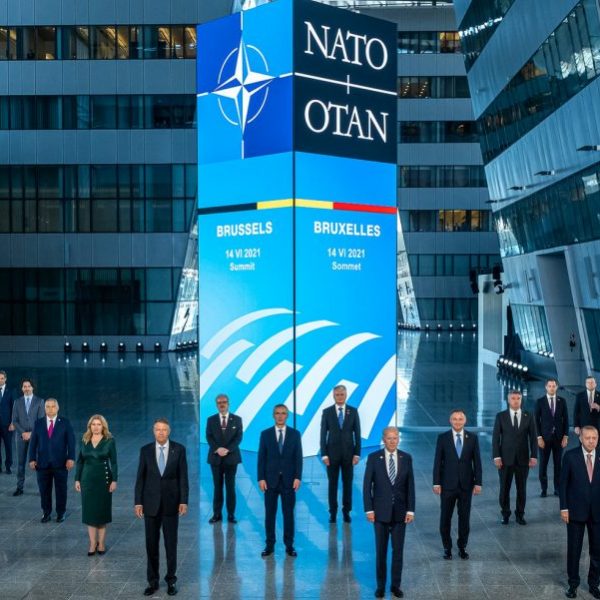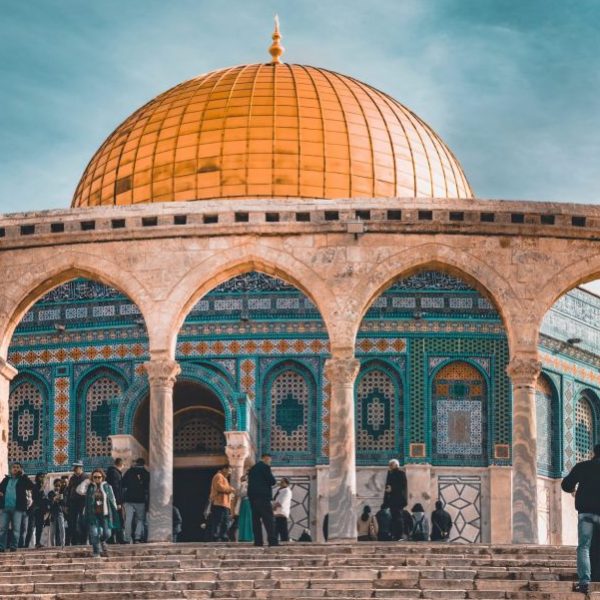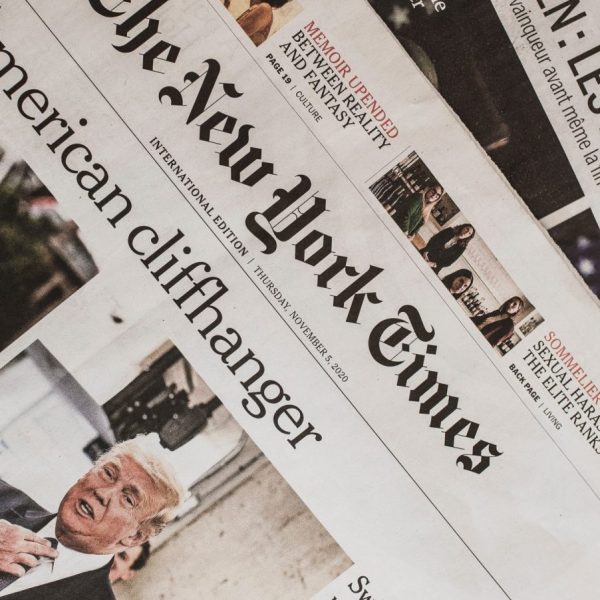Interview with Matthew Levitt
 Matthew Levitt, author of the forthcoming book Hamas: Politics, Charity, and Terrorism in the Service of the Jihad, was interviewed last week by the Washington-based Council on Foreign Relations. Levitt, who wrote his book while serving as senior fellow and director of terrorism studies at the Washington Institute for Near East Policy, and who is currently the deputy assistant secretary for intelligence and analysis at the Treasury Department, spoke candidly about the future of the Palestinian government under the control of Hamas.
Matthew Levitt, author of the forthcoming book Hamas: Politics, Charity, and Terrorism in the Service of the Jihad, was interviewed last week by the Washington-based Council on Foreign Relations. Levitt, who wrote his book while serving as senior fellow and director of terrorism studies at the Washington Institute for Near East Policy, and who is currently the deputy assistant secretary for intelligence and analysis at the Treasury Department, spoke candidly about the future of the Palestinian government under the control of Hamas.
Q: Some people have speculated that just as the PLO once was regarded as a terrorist organization until it recognized Israel, Hamas in power might moderate its positions because of the problems it would face trying to run a government. Do you think there’s much to be said for that point of view?
A: Being the government, I don’t think, is going to moderate Hamas in the least. And the reason for that is they have a model they have already articulated that they intend to follow, which is the model of Hezbollah in the north. Hezbollah has been part of the government in Lebanon for many years, and it does have a cabinet minister. And it has set a very good example for those who are inclined to engage in militancy, whether it’s guerrilla attacks or terrorist attacks, while simultaneously being involved in government and politics and social welfare.
Q: Hezbollah has never been in control of the Lebanese government and Hamas is now being thrust into power. Doesn’t that make a big difference?
A: It makes a huge difference, and it makes a huge difference in favor of Hamas, because Hamas has more governmental levers at its control than Hezbollah ever did. It has more benefits that it can give to people; it has more favors it can cull from people.
Q: Sometimes it’s said, sometimes jokingly, that when you have a free election, or a group comes into power, it may be the last free election. If they don’t succeed in giving people what they want, do you think Hamas can actually be voted out?
A: Palestinian society is actually very vibrant. Palestinians have traditionally been one of the most highly educated [peoples] in the Arab world. By virtue of living next to Israel they’ve seen what democracy can do politically and in terms of the economy. So I think the Palestinians really are devoted to democracy. I think they are also realizing elections alone don’t make a democracy. Is there a significant chance for some very serious domestic unrest? Yes. I don’t think it’s going to get to the point of a civil war, but no one really can say. At the end of the day, I do think Palestinians will be able to make a decision of whether to keep Hamas in or out of power. I don’t see Palestinian society tolerating, or Hamas being strong enough, to carry through with some kind of coup d’etat.
Read the complete interview with Matthew Levitt.


























THE REAL THREAT TO HAMAS…ELECTIONS:
Fatah-Loyal Media Taking Hamas to Task (SARAH EL DEEB and MOHAMMED DARAGHMEH, 4/18/06, Associated Press) Never mind the icy winds blowing from the West. The Hamas government’s toughest detractors have popped up at home, criticizing the Islamic militant…